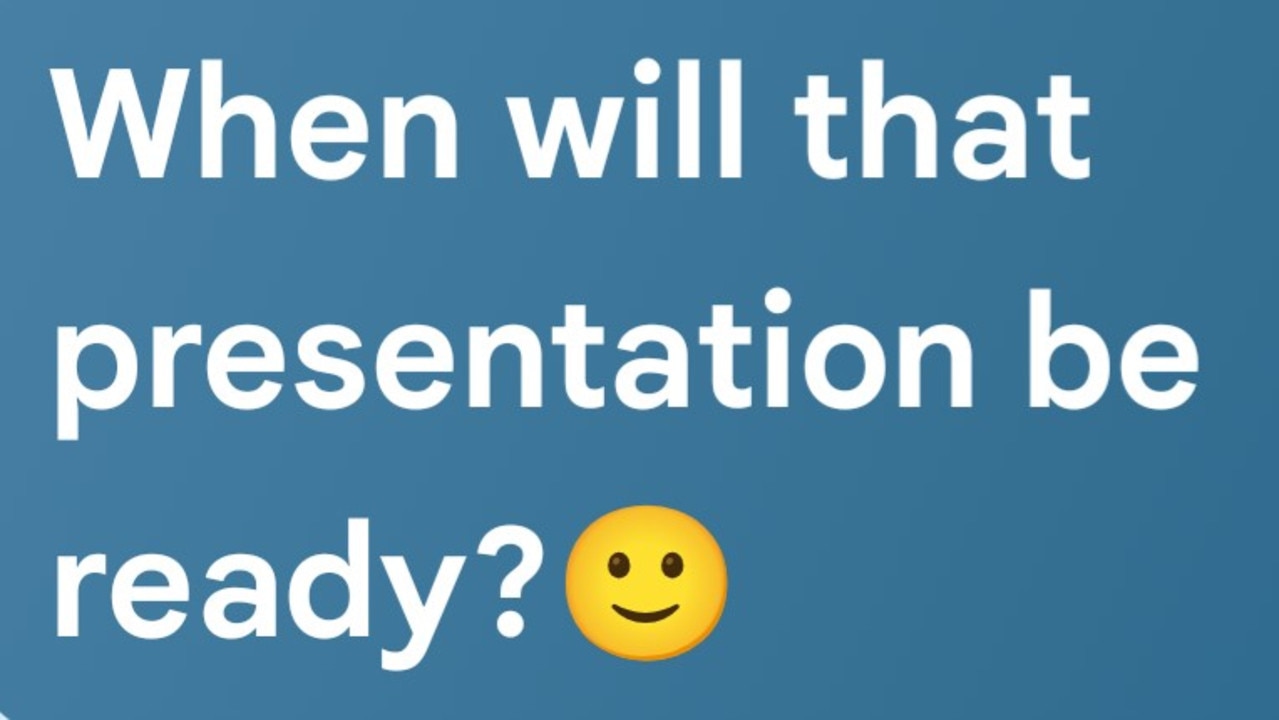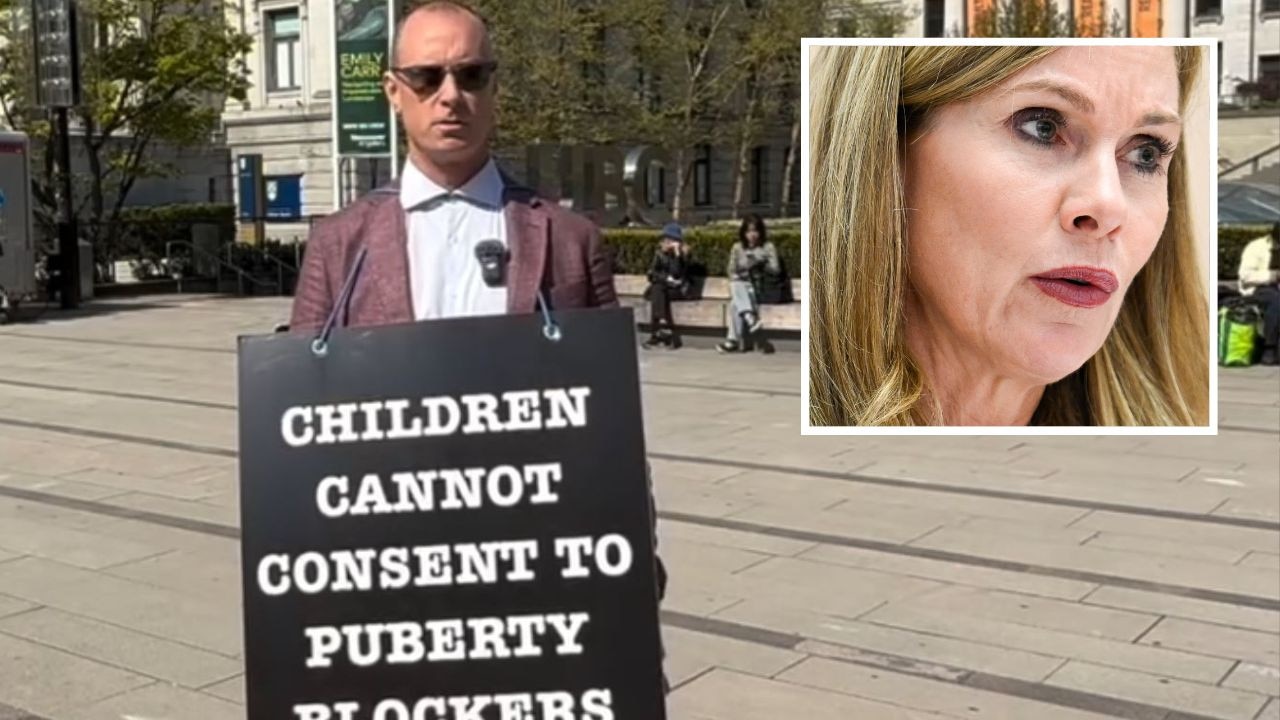Facebook demands to use real names and show identification sparks further protests
Facebook is still suspending accounts and demanding to see users’ ID despite apologising over its controversial ‘authentic name’ policy.
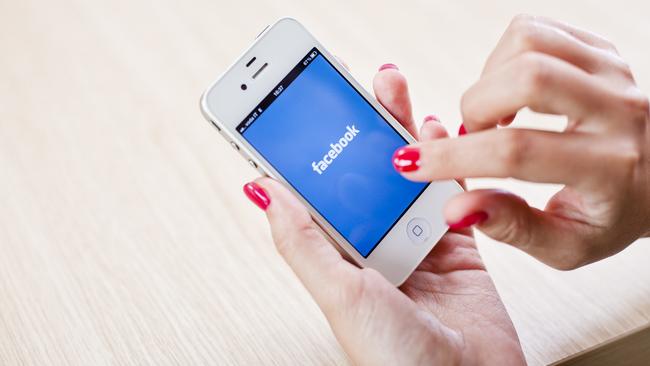
Social
Don't miss out on the headlines from Social. Followed categories will be added to My News.
RUBY’S social media problem started when she took a stance against a racist Facebook page.
In a group demanding the return of the White Australia policy, the 27-year-old spoke out against the xenophobic law and encouraged her friends to do the same.
BIG BROTHER: Are Facebook’s name requirements too much?
SOCIAL FAUX PAS: Facebook apologises to drag queens
Less than an hour later, Facebook suspended her account. She had been reported for using a fake name and Facebook demanded a copy of her government-issued identification to reopen her profile.
“You have to provide less ID to set up an (Australian Taxation Office) account,” she says.
“This isn’t just annoying. There are a lot of people who have fake names on Facebook for a reason, and then Facebook asks for their details.
“I really don’t want to supply a US company with my photo identification. There’s no security in place — you just have to email it to them.”
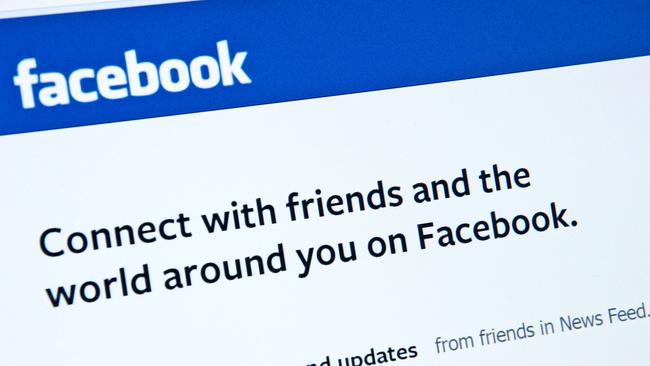
Far from merely affecting her online social life, the suspension also threatened Ruby’s work.
The social media manager operated several Facebook pages from her suspended account.
Ruby (not her real name) was forced to change her account into her birth name, an act she says leaves her open to hateful messages and death threats received from YouTube users in the past, as well as unwanted work inquiries.
“Since having my full name online, I’ve had three or four customers contact me about work-related stuff which is what I wanted to avoid,” she says. “Now I’ll be coming up on the People You May Know feature for others to find.
“And we’re still trying to get the Bring Back the White Australia policy group down — it has over 700 members — but apparently that’s not violating Facebook’s terms and conditions.”
It’s an increasingly common scenario on the world’s most popular social network, and one that is highly contentious.
In addition to people like Ruby who choose Facebook pseudonyms to avoid out-of-work requests or online harassment, drag queens and kings, Native Americans, abuse victims, and people with unusual names are fighting Facebook’s “authentic name” policy.
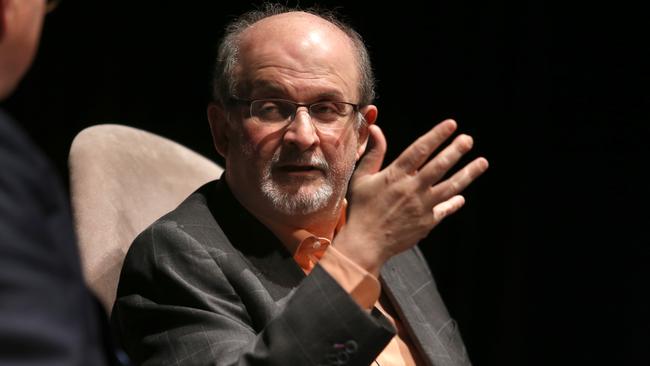
Under the policy, Facebook requires every user to “use their authentic name and birthday” on the network.
Users with names Facebook deems to be fictitious or who are reported by other users can have their accounts suspended until they send proof of identification to the multibillion-dollar company.
Facebook’s accepted forms of ID include birth certificates, driver’s licences, passports and marriage certificates, and can involve the use of mobile phone numbers.
A Facebook spokesperson says the company proactively investigates users’ names and suspends the accounts of users it determines to be using nom de plumes.
“We use a variety of methods to help differentiate real accounts from fake ones,” the spokesperson said in a statement. “When our systems determine with high confidence that an account is fake, we shut it down or challenge the account owner for additional information.”
Google had also enforced a real name policy with its social network Google+ but abandoned it in July last year in an effort, it says, to make it “the welcoming and inclusive place that we want it to be”.
Facebook’s name policy has a chequered history, notably raising the ire of acclaimed author Salman Rushdie in 2011 when it refused to let him use his second, more famous name, instead insisting he use his given name, Ahmed. The network backed down after he publicised the issue on Twitter.
Members of the lesbian, gay, bisexual and transgender community also protested Facebook’s policy last year after drag queens including San Francisco’s Sister Roma had social media accounts frozen.
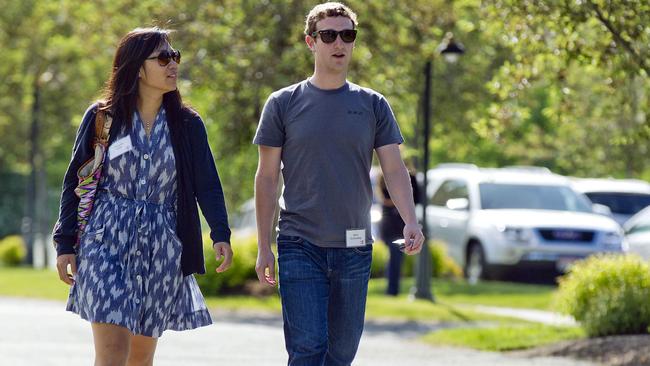
Subsequent outcry won an apology from Facebook’s chief product officer Chris Cox who admitted the policy had caused “hardship” and promised to “fix the way this policy gets handled”.
But the rule and its enforcement has changed little since Cox’s October announcement, with Facebook still requiring members to “use the name they use in real life” with documentary evidence.
It’s an approach that saw drag queens stage a #MyNameIs protest at the company’s Menlo Park headquarters on Monday.
Protesters argue the naming policy does not help police bad behaviour and is “particularly harmful to members of the trans community, many of whom do not have a government-issued ID that reflects their authentic identity”.
Native Americans have also since had their accounts frozen under the policy and names later changed. The account of Ogala Lakota Brown Eyes was frozen, for example, and his name changed to the incorrect “Lance Brown” after he provided his ID.
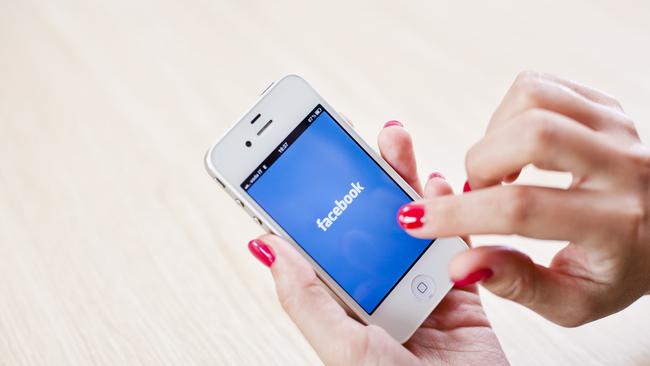
The real names policy could also affect users seeking to avoid the fate of former SBS reporter Marion Ives whose employment was terminated after she shared an article critical of SBS on her personal Facebook profile last month.
Deakin University communications lecturer Ross Monaghan says the naming issue is complicated by Facebook’s main goal: to make money.
“Facebook is a commercial organisation,” he says. “It’s not for the betterment of society, it’s there to make money.
“They do that by targeting the users of the service with information on products and services and if they allow people to be anonymous it makes it harder for them. It’s in Facebook’s interests for people to use their real names.”
In support of the policy, Monaghan says Facebook users may also be more “accountable” when using their own name, though he admits some leeway would better allow members of the LGBT community and others to participate in the network.
“It’s a difficult question and I don’t think there is one simple answer,” Monaghan says.
“There needs to be some flexibility and Google has acknowledged that.”
Originally published as Facebook demands to use real names and show identification sparks further protests


